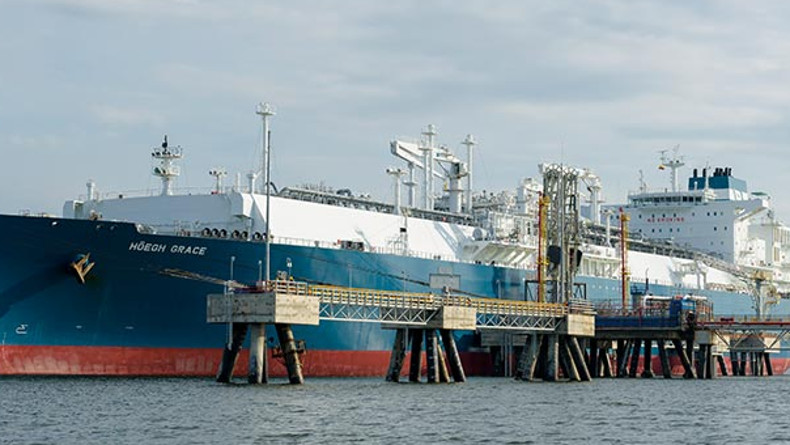




CURRENT pricing is such that gas is cheaper than coal, according to Höegh LNG, in what is seen as a first for the market.
“The drop in liquefied natural gas spot prices has improved its competitiveness compared with other fuel types, which underpins demand for LNG import facilities, where floating storage regasification units offer the quickest access to the global LNG markets at the lowest cost,” the Oslo-based company said in an earnings statement.
The company has 10 FSRUs and two liquefied natural gas carriers in its fleet.
Almost all its assets are contracted for this year, and if options to extend are exercised by charterers, its coverage for 2021 will be at 85%, said the company’s chief executive Sveinung Støhle.
He said the company would be looking for long-term FSRU contracts by the end of 2021 for all its units trading on short-term LNGC charters.
“The market is improving into winter and the tightening should put us in a good position,” he said on a conference call.
Indeed, China’s imports jumped 20% in the second quarter of the year compared with the same period a year earlier, while Europe continues to be the main growth driver for seaborne trades, with imports up 7% to 24.4m tonnes, according to the company. The shipments into Europe came at the expense of pipeline gas from Russia, Algeria and Norway.
“LNG demand has thus been surprisingly resilient,” the executive said, and new FSRU projects are emerging, although some, namely in the Indian subcontinent, have been delayed because of logistical challenges related to the coronavirus pandemic.
Höegh LNG is one of three preferred bidders for First Gen’s offshore LNG terminal in the Philippines, while the company is in discussions with authorities in Cyprus for a licence to install an import terminal there. It has also been short-listed for a project in Latin America.
The company reported stable operations amid challenging times, posting a net profit of $2.9m in the second quarter of 2020 compared to a loss of $3.6m in the same period a year earlier.
It has managed full or partial crew changes on all its vessels.